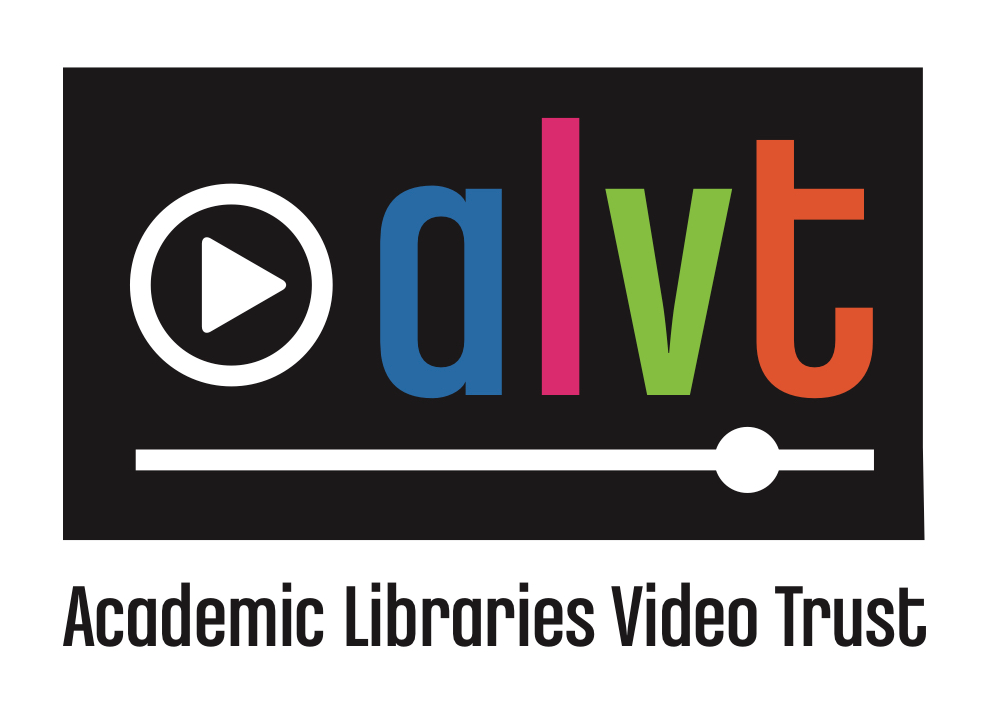VHS Preservation Project Announces Founding Members
 The Academic Libraries Video Trust (ALVT), a project of the National Media Market (NMM), this week announced that American University, Duke University, the University of California at Berkeley, the University of Delaware, Hofstra University, and the University of North Texas have joined the organization as Founding Benefactors. Each institution will provide $10,000 in initial funding via a one-time membership fee. The project, now live at videotrust.org, will facilitate the preservation of commercial video content available exclusively on VHS or other obsolete, deteriorating formats.
The Academic Libraries Video Trust (ALVT), a project of the National Media Market (NMM), this week announced that American University, Duke University, the University of California at Berkeley, the University of Delaware, Hofstra University, and the University of North Texas have joined the organization as Founding Benefactors. Each institution will provide $10,000 in initial funding via a one-time membership fee. The project, now live at videotrust.org, will facilitate the preservation of commercial video content available exclusively on VHS or other obsolete, deteriorating formats.
“There are literally tens of thousands of titles on VHS that are no longer available” on any other format, Jeff Tamblyn, Chair of NMM, told LJ. Some of this content is proprietary to an institution, but a substantial portion is commercial content only available on VHS and never converted to DVD. “Digitizing them is a major expense, and this is a way to share the expense,” he said.
In an LJcolumn the late deg farrelly, media librarian, Arizona State University Libraries, wrote that “On average, college or university library collections hold nearly 3,500 VHS tapes. Associate and master's degree institutions hold fewer titles, doctoral institutions hold on average 5,300 titles, and Association of Research Libraries members 8,300 titles. Conservative estimates are that between 15 percent and 25 percent of all these titles were never released on DVD or in streaming format and/or are no longer available in the marketplace.”
Section 108 of U.S. copyright law grants libraries and archives the right to reproduce up to three full copies of commercially published works—regardless of a work’s copyright status—provided the copies are “solely for the purpose of replacement of a copy or phonorecord that is damaged, deteriorating, lost, or stolen, or if the existing format in which the work is stored has become obsolete, if the library or archives has, after a reasonable effort, determined that an unused replacement cannot be obtained at a fair price.”
It is well documented that VHS is an obsolete format prone to deterioration, and Funai Electric, the last manufacturer of VCRs, stopped making new ones in 2016. So, fulfilling the requirements for a Section 108 exemption primarily involves making a “reasonable effort” to determine whether the content is available on any other format.
Serving as an open database of VHS titles that have been vetted for Section 108 compliance, ALVT’s videotrust.org site expands on work begun by the Section 108 Due Diligence Project, an online database of VHS titles built and maintained by farrelly along with Chris Lewis, American University, and Jane Hutchison Surdi, who has retired from William Paterson University. Sarah McCleskey, head of resource and collection services at the Hofstra University Library and ALVT board member, originated the idea of ALVT a year ago, after completing a term as Chair of NMM, Tamblyn said.
ALVT also offers paid, tiered memberships for academic libraries. For member institutions, the site functions as a central repository where librarians can upload Section 108 compliant content onto an AWS cloud server, or download copies of content owned by their library, mitigating the duplication of VHS digitization efforts throughout the field. Currently, ALVT features a “credit” system in which membership dues can be reduced by uploading content.
Section 108 also specifies that copies can be made to replace content that has been lost or stolen, which, by definition, must be provided by another institution.
“If your only copy has been lost, stolen, or destroyed, and you can’t find a copy on the market—or it’s unbelievably expensive to buy a [rare] copy on the market, our attorney Ken Crews [of Gipson, Hoffman & Pancione, Los Angeles] has done a lot of research, and is one of the world’s leading authorities on copyright law,” Tamblyn said. “He says we’re in good standing.” Crews has also written a legal brief on Section 108 “so that attorneys from schools that are interested in participating can look it over,” and videotrust.org includes a detailed FAQ regarding Section 108 and the copyright implications of the project.
Tamblyn added that NMM “does business every year with dozens of distributors, and we’ve been very public about what we’re doing [with ALVT]. We haven’t heard a single complaint…. We’re not trying to violate anyone’s rights. Librarians are great about protecting the rights of filmmakers and distributors.”
RELATED
ALREADY A SUBSCRIBER? LOG IN
We are currently offering this content for free. Sign up now to activate your personal profile, where you can save articles for future viewing









Add Comment :-
Comment Policy:
Comment should not be empty !!!